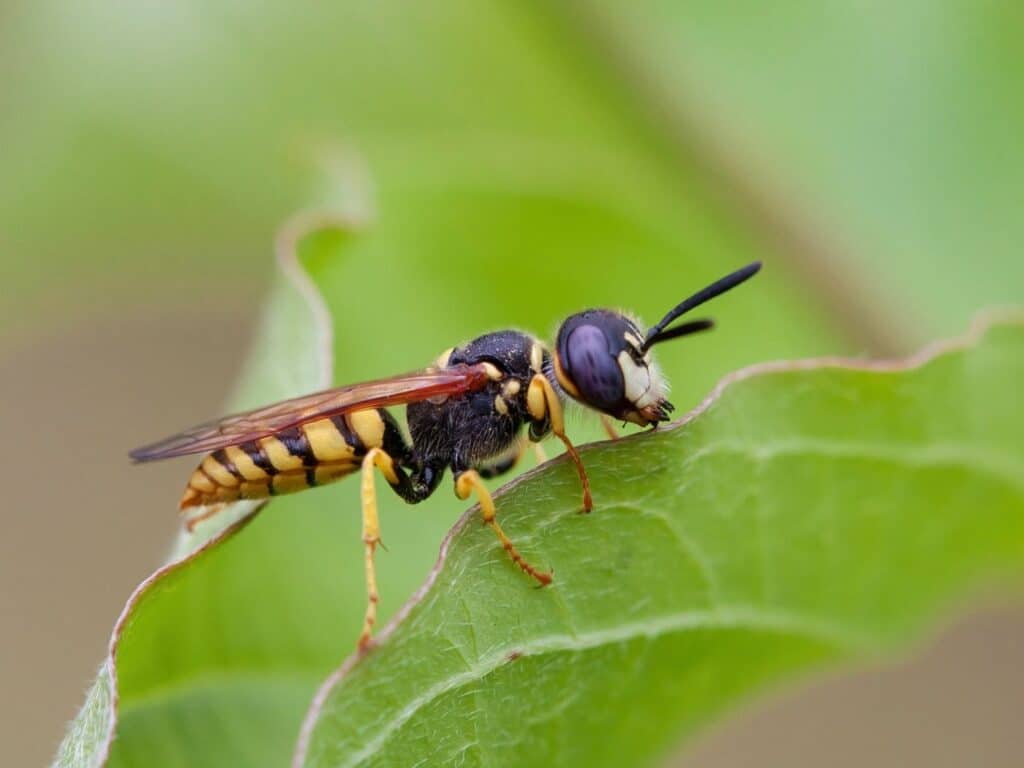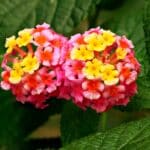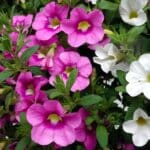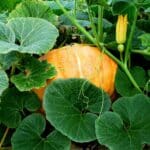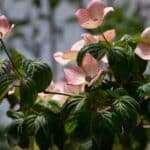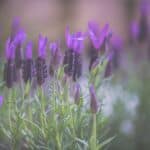There’s nothing like a wasp sting to ruin a perfect summer day, is there? You’re not alone in this battle against these pesky invaders. If you’ve been searching for a natural, eco-friendly solution, you’re in the right place.
Ever considered the power of plants in your fight against wasps? Some plants, with their unique properties, can act as natural deterrents, keeping these stinging pests at bay. Intrigued? Let’s explore the world of these wasp-repelling plants together and reclaim your peaceful summer days.
Types of Plants Known to Repel Wasps
If wasps have been causing you trouble, it’s time to turn the table. It’s fascinating how nature equips some plants with the power to repel these buzzing tormentors. Let’s delve into details of these plants that can give you a wasp-free summer.
Citronella: The Natural Insect Repellant
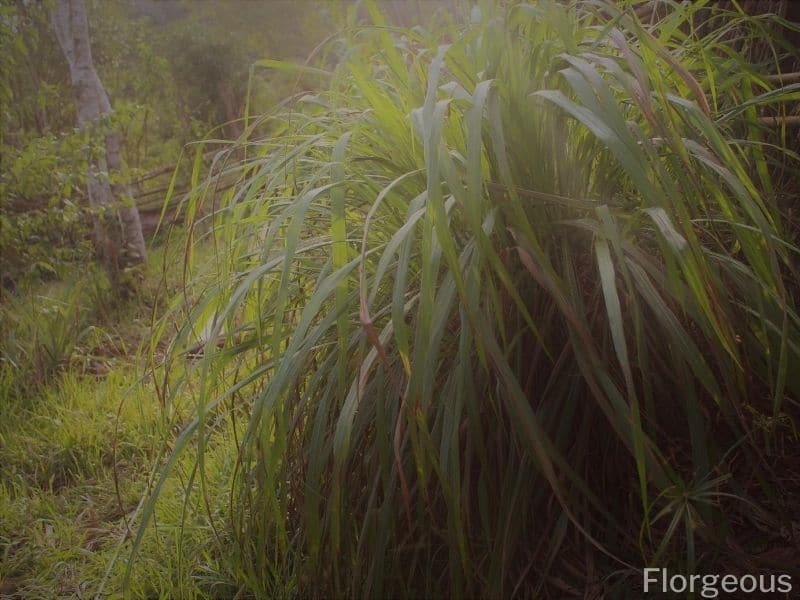
When it comes to keeping insects at bay, Citronella comes first to mind. This hardy plant exudes a strong aroma that wasps find unbearable. So, planting them around your home can form a natural force field against these pesky bugs.
Peppermint: More Than Just a Pleasant Scent

Peppermint isn’t just for freshening breath or flavoring your holiday candies. This plant’s intense aroma can do wonders in repelling wasps. If you’ve got wasp issues, peppermint plants could be your aromatic guard against these winged invaders.
Basil: A Culinary Herb That Keeps Wasps at Bay
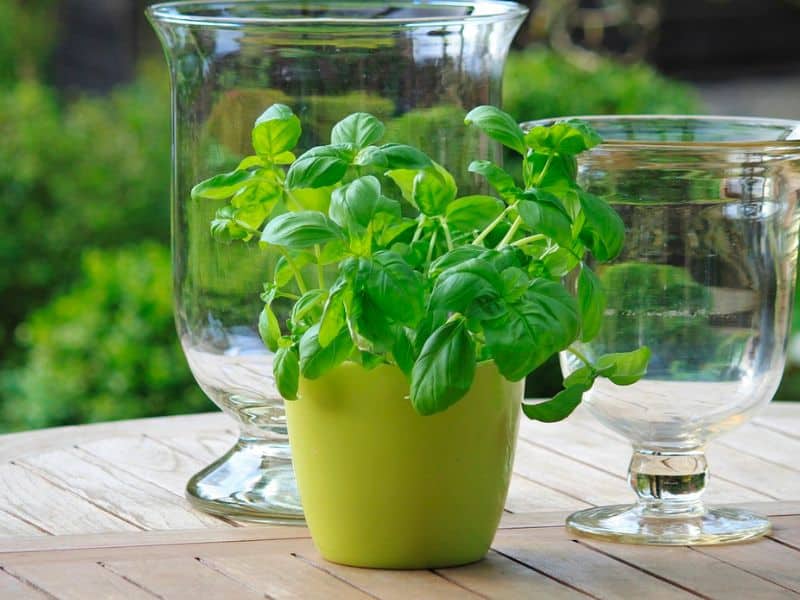
Next up is basil. This isn’t just a tasty addition to your kitchen but also a potent wasp deterrent. Its potent scent is disliked by wasps. Just plant some in pots around your sitting area, and you’ve got yourself a natural bug repellent.
Lemon Grass: Dual Purpose Plant
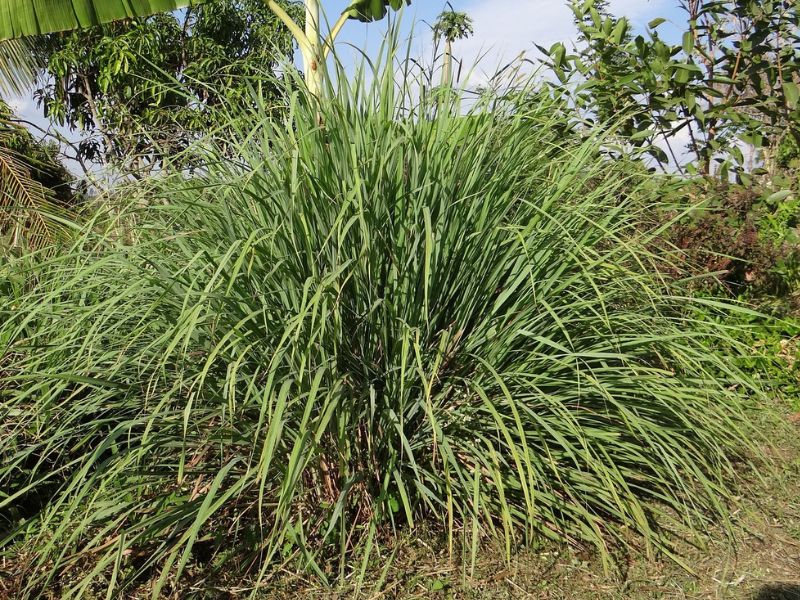
Lemon Grass, with its tangy citrusy scent, isn’t just good in your Thai recipes. It’s also a proven repellent for wasps. Whether it’s in your kitchen or garden, lemon grass can serve a dual function by adding flavor to your meals and keeping wasps away.
Marigolds: The Colorful Deterrent
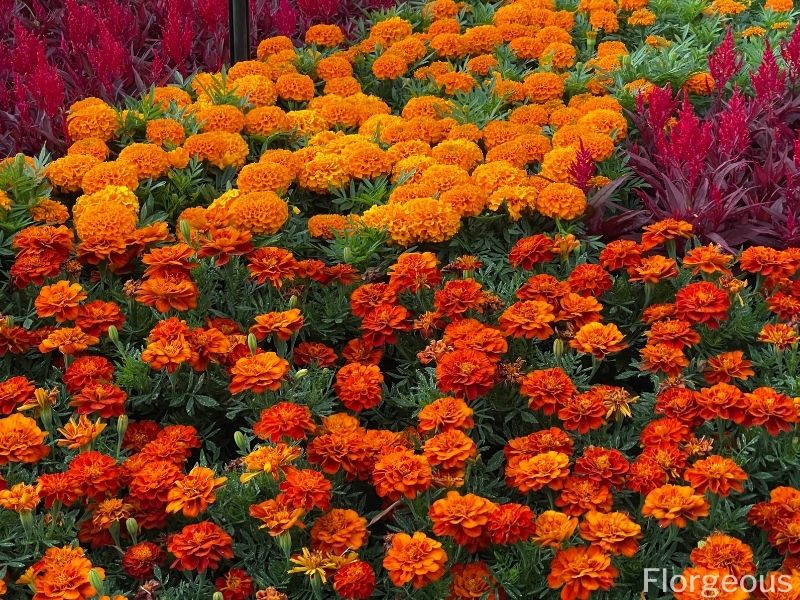
Marigolds are more than just bright decorations for your garden. These flowers, with their distinctive smell, can chase away wasps. So, while beautifying your landscape, marigolds can also do the tough job of fending off pesky wasps.
How to Effectively Use These Plants in Your Garden
Now that you’re familiar with the plants that deter wasps, let’s dive into how to make these plant allies work best in your garden.
Strategic Plant Placement for Maximum Repellent Effect
Your garden layout plays a significant role in maximizing the repellent effect of these plants. Plant them near areas where you and your family spend the most time: the patio, deck, or near windows.
This strategic placement not only provides you with a buffer zone from wasps but also makes those regions of your yard more enjoyable. Additionally, placing these plants near existing wasp nests discourages the pests from returning.
Combining Plants for Enhanced Protection
Pairing certain plants together can boost their deterrent effects. Try planting Citronella and Marigolds together.
Both plants deter wasps separately, but there’s power in numbers. This combination not only repels wasps but creates a beautiful assortment of colors and aromas in your garden.
Maintenance Tips to Keep Repellent Plants Effective
Proper maintenance of these plants is key. Regular watering and pruning ensure they grow strongly and produce the essential oils that were so off-putting to wasps. Avoid overwatering as it can lead to root rot, which may diminish the plants’ repelling capabilities.
Also, remember that some plants, like Peppermint and Basil, can be invasive if not kept under control. So it’s crucial to regularly trim these plants and keep their growth in check.
Additional Benefits of Planting Wasps Repellent Plants
Beyond being wonderful wasp repellents, these plants offer plenty of other intriguing benefits to gardeners and homeowners alike. They’re not just practical, but they’re also brilliant additions to any yard or garden space.
Enhancing Garden Aesthetics
Involving plants like Basil, Lemongrass, and Marigolds don’t just keep wasps away, they also elevate the look of your garden. Their vibrant colors, distinct shapes, and lush leaves can add variety and visual interest.
Imagine strolling through your garden, surrounded by the rich green of basil, the bright yellow of Marigolds and the tall, wispy stalks of Lemongrass. It’s a visual treat!
Supporting Pollinators While Deterring Wasps
Interestingly, many plants that deter wasps are quite popular with other pollinators, like bees, butterflies, and birds. Strategically planted peppermint or citronella can help encourage these beneficial creatures into your garden while keeping your outdoor spaces wasp-free.
Challenges and Considerations When Using Repellent Plants
While sundry plants may put a damper on wasp activities, it’s crucial to comprehend the challenges and factors you may well encounter as you venture into this natural pest control method.
Seasonal Effectiveness of Plants
Your garden’s ability to deter wasps doesn’t stay constant all year round. Just as plants go through seasonal changes, so does their repellency against wasps. As plants bloom and wither with the seasons, their production of essential oils—the main deterrent—can increase or decrease.
Therefore, you may notice enhanced wasp activity during certain times of the year, particularly in seasons when the plants aren’t in bloom.
Potential Allergic Reactions
While these natural solutions can add a layer of safety against wasps, beware of possible allergic reactions. Everyone’s bodily reactions to plants differ. Some may well show reactions to citronella, marigolds, or other wasp-repelling plants.
Therefore, those with known allergic tendencies to any plant should exercise caution and consult with a healthcare professional before using it as a deterrent.
Limitations in Wasp Repellency
Having wasp-repellant plants doesn’t mean your garden will be completely devoid of these pests. Although these plants possess deterrent properties, they may well not entirely prevent a wasp from invading your outdoor space.
Therefore, it’s wise to use plants as part of a broader integrated pest management strategy incorporating other wasp control measures. Always remember, an eco-friendly solution is about reducing the wasp population, not necessarily eradicating it.
See more:

